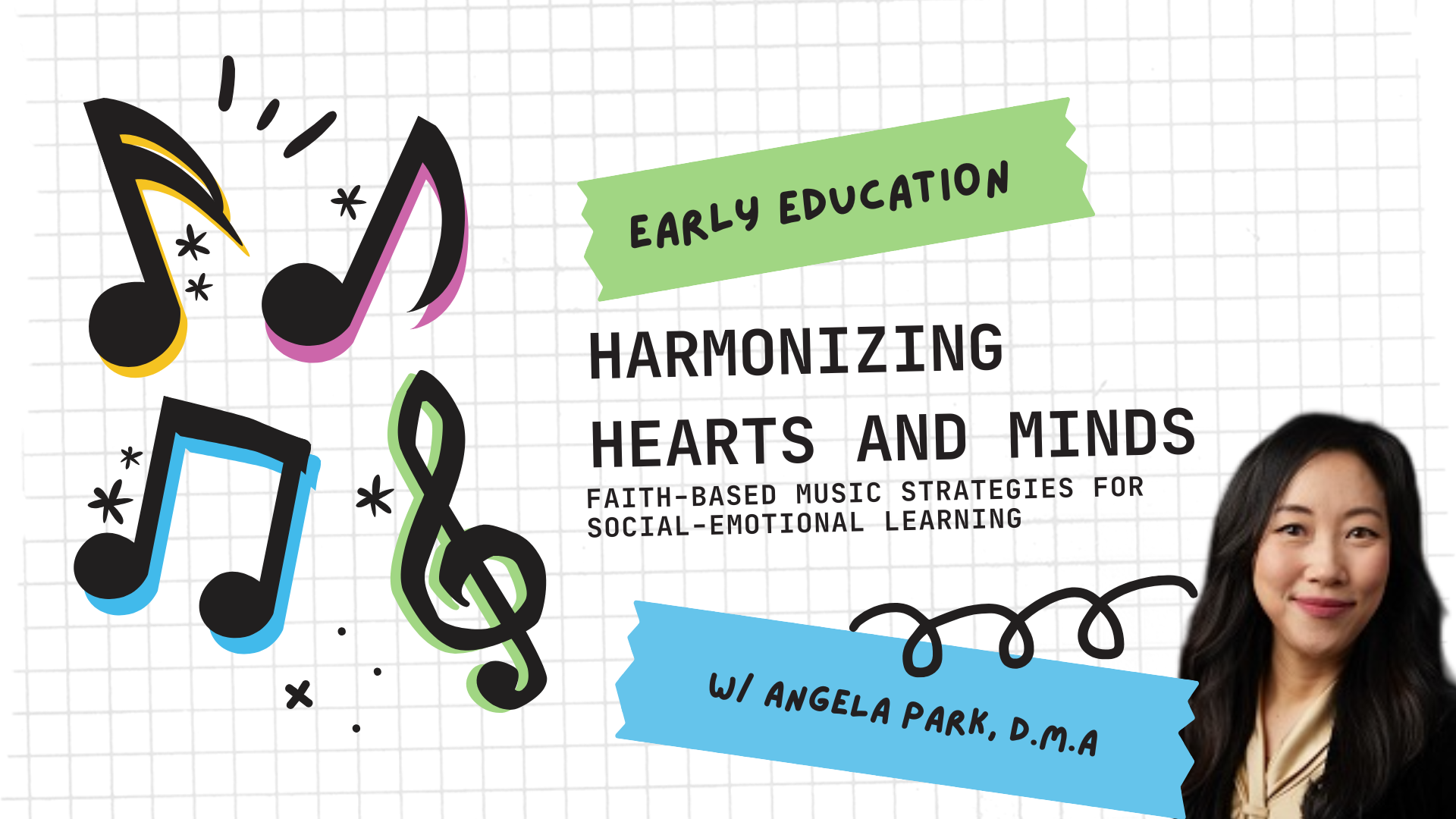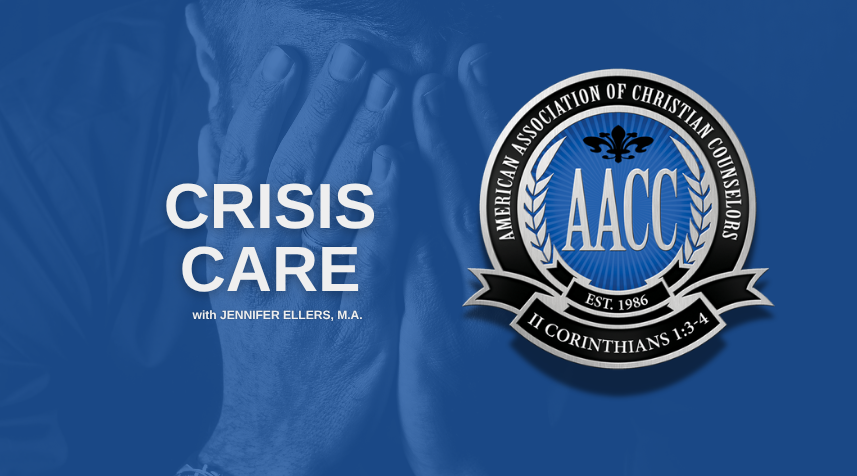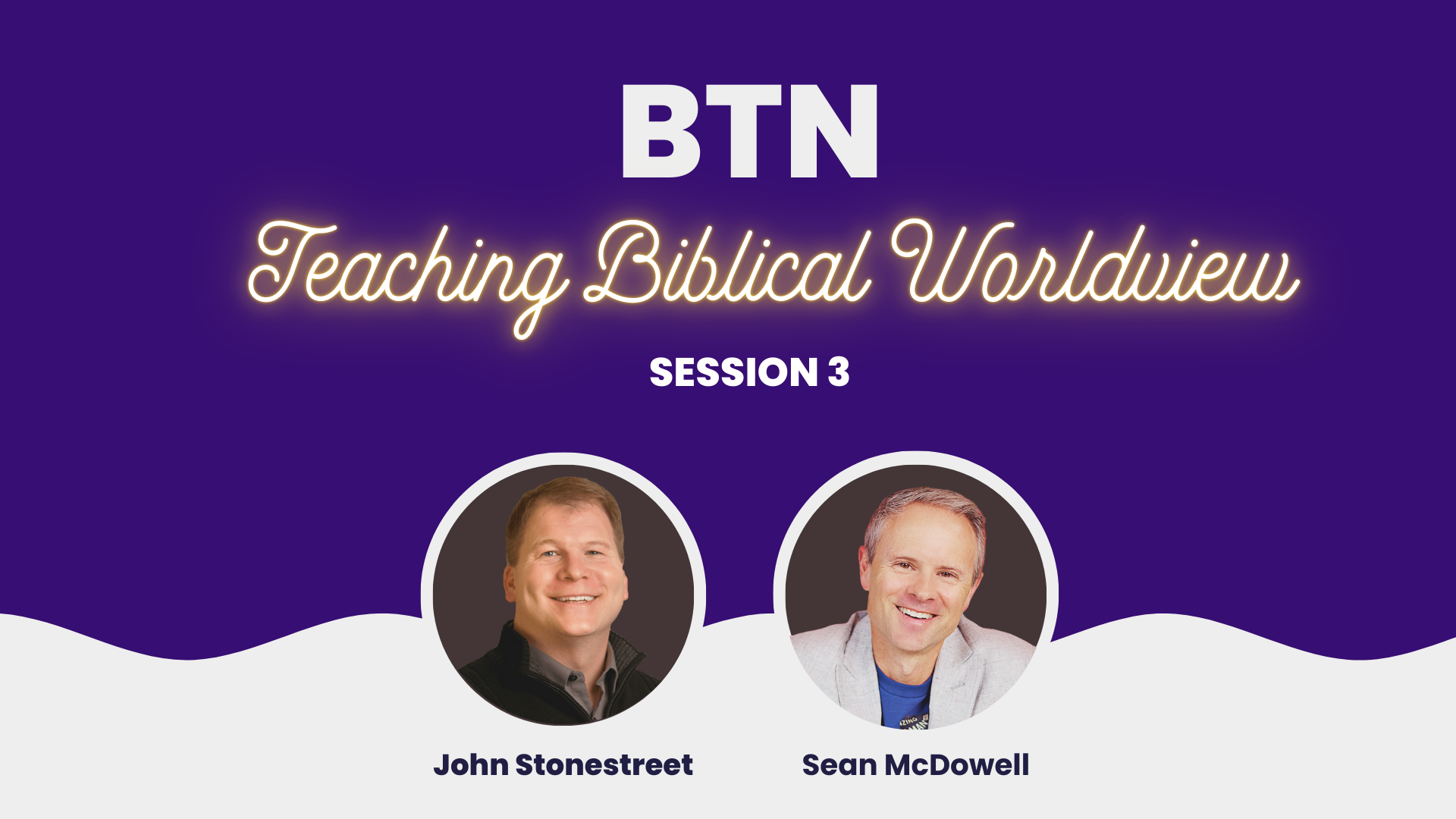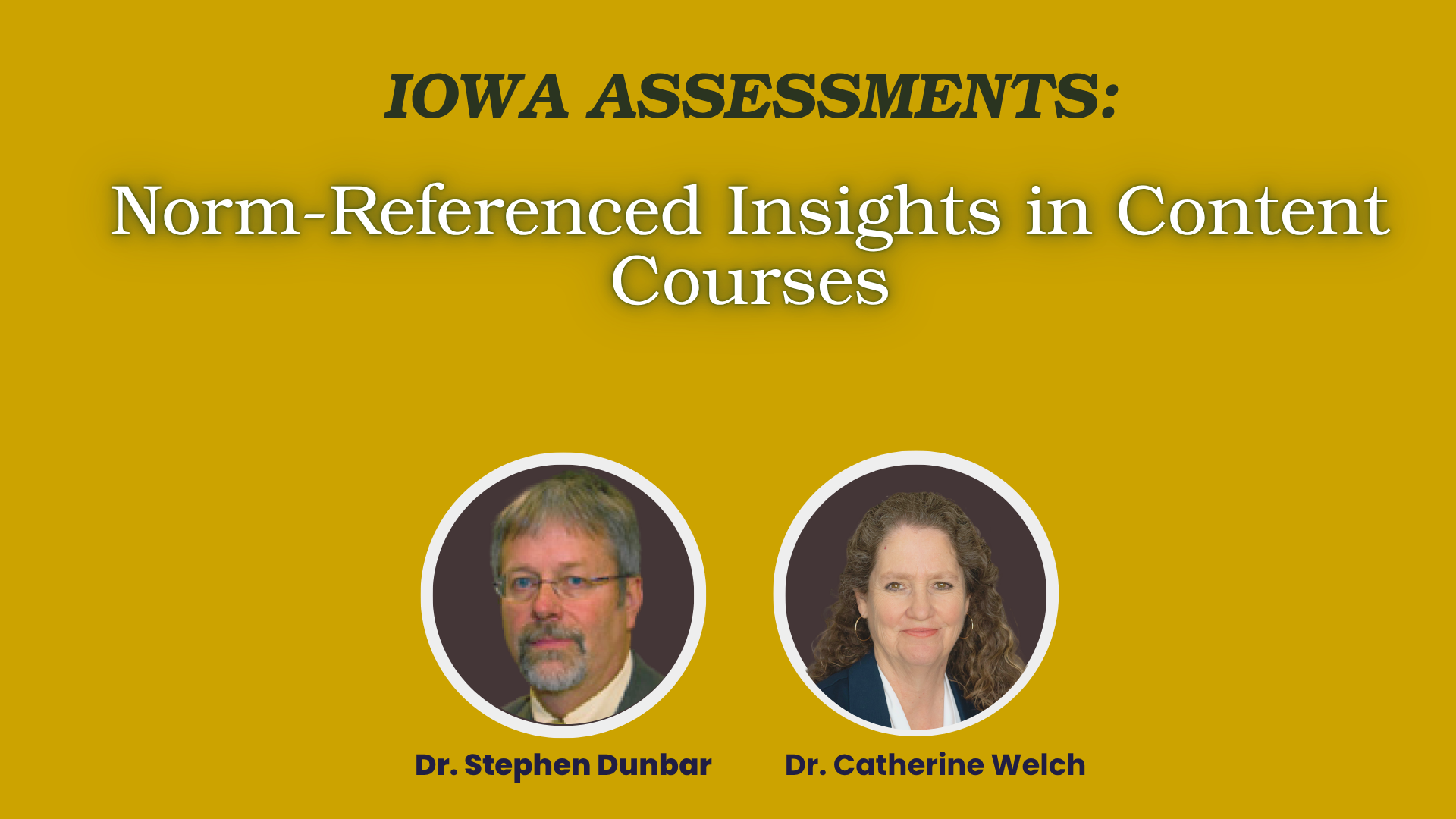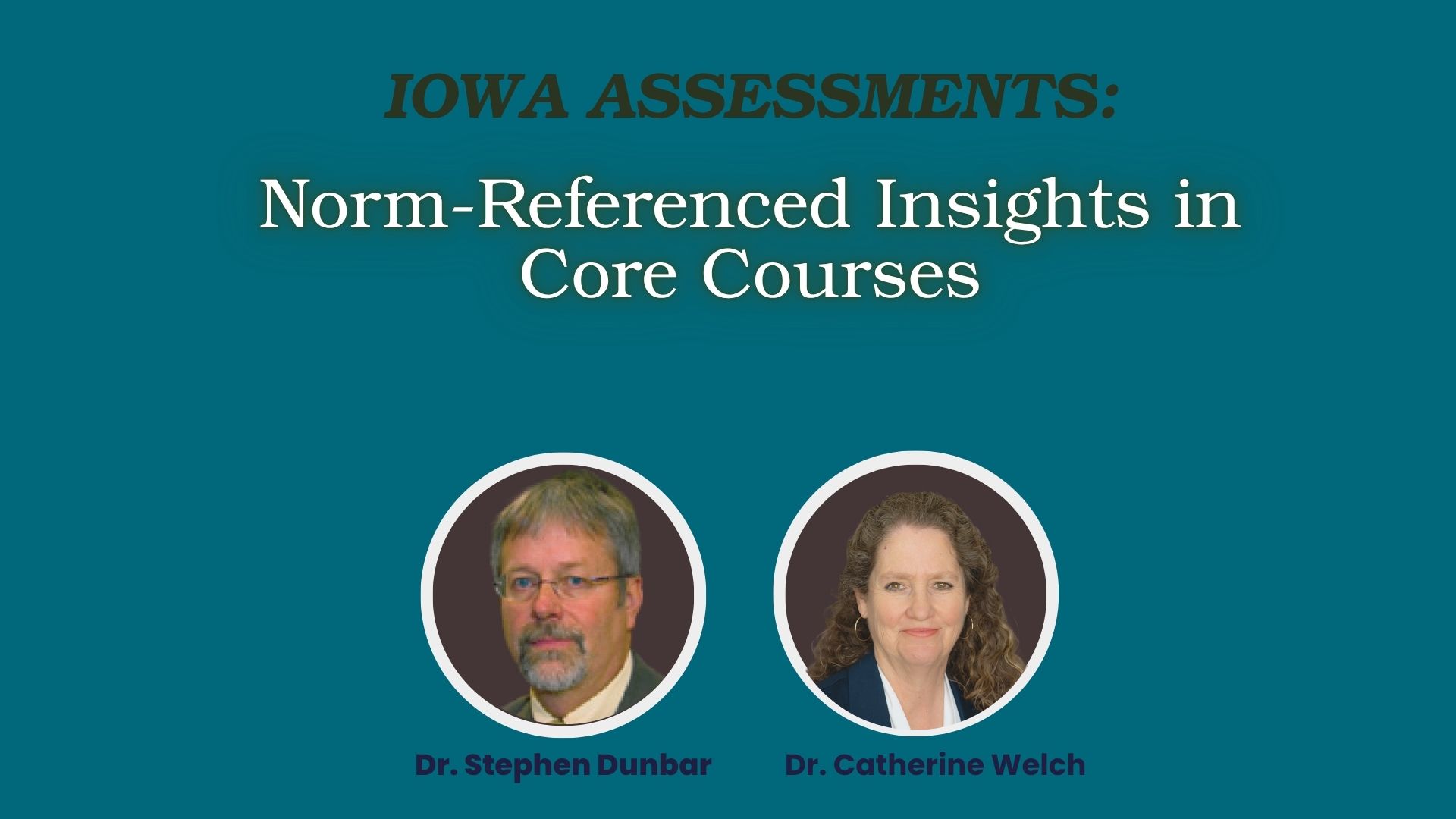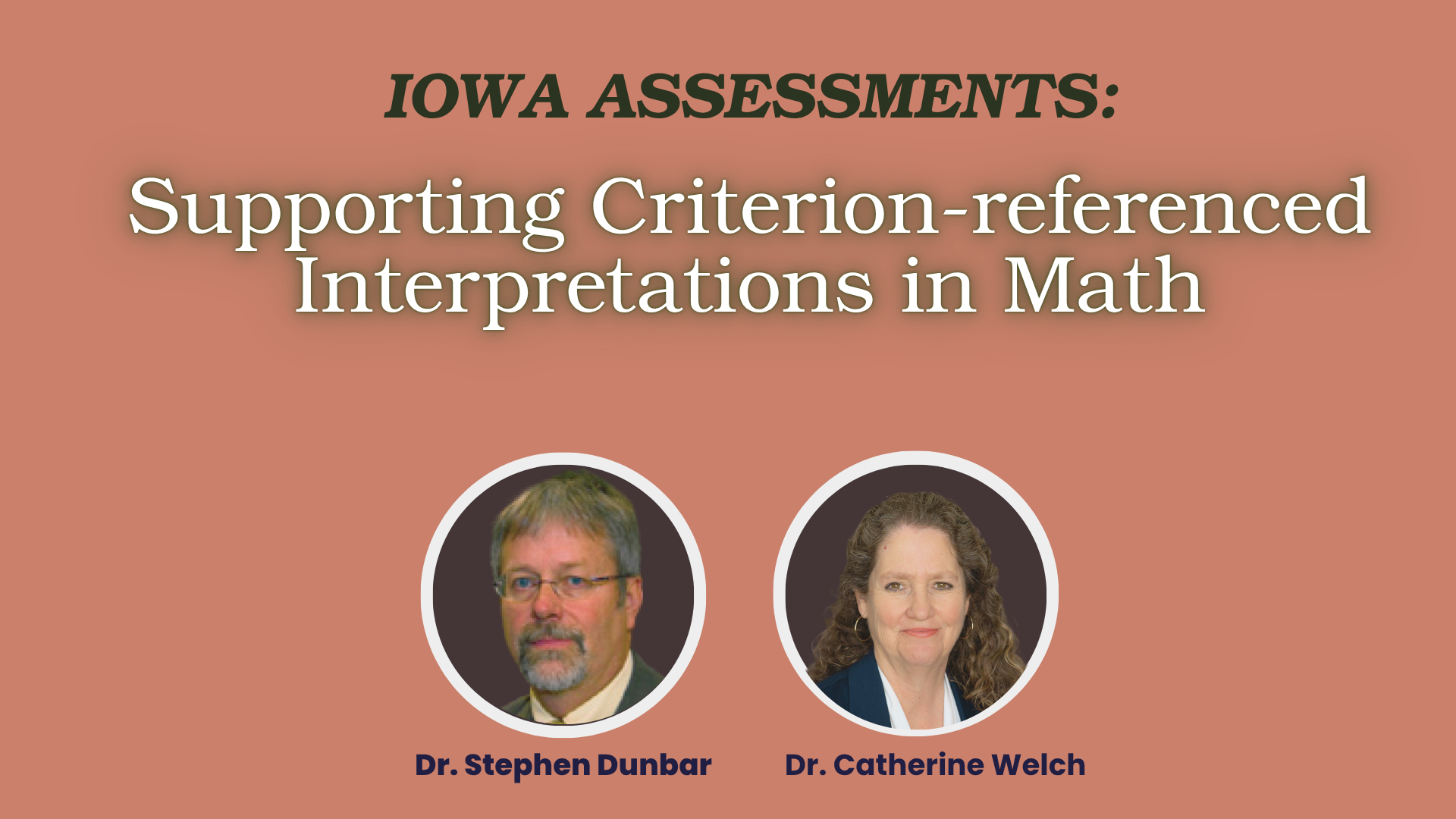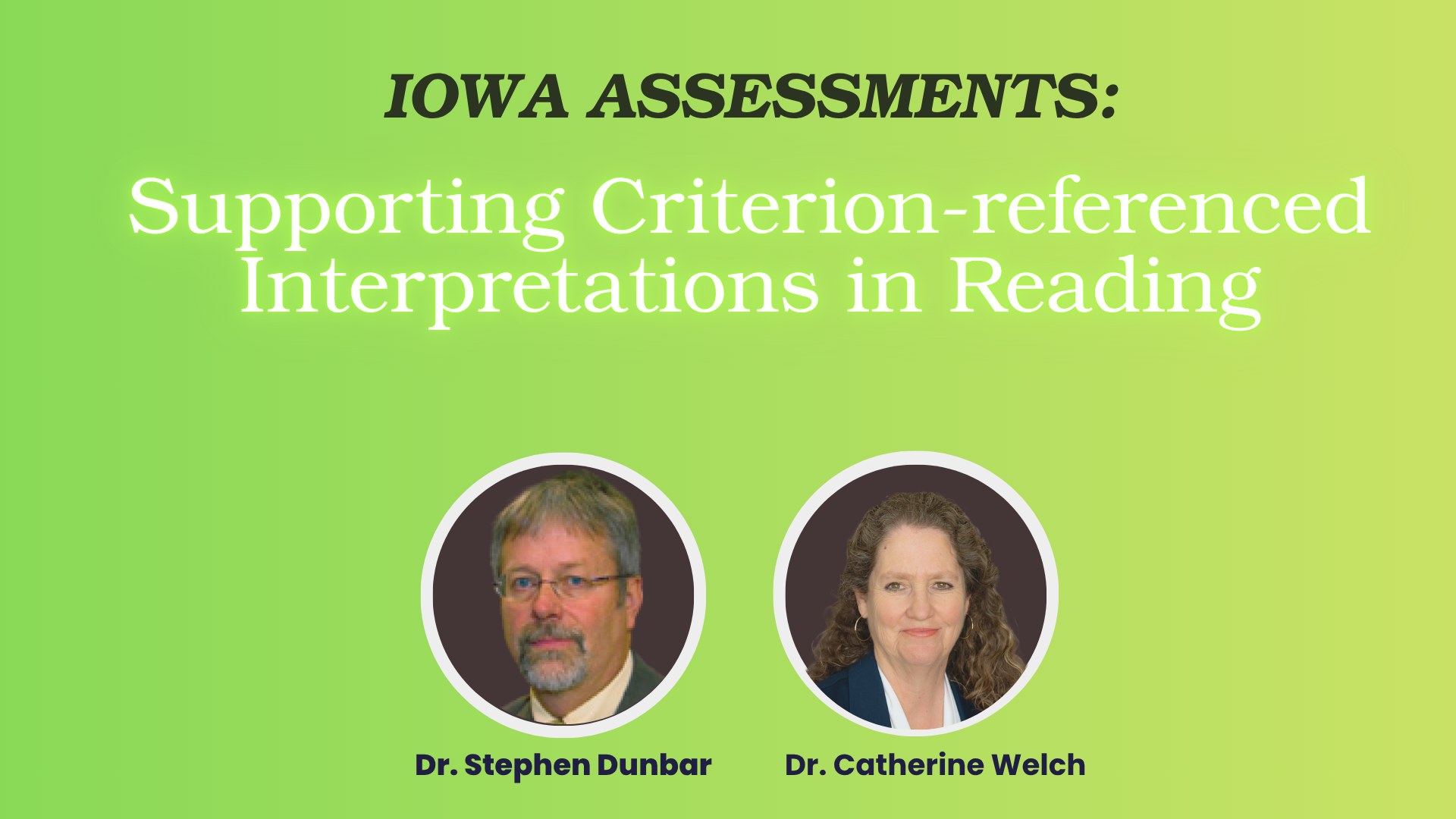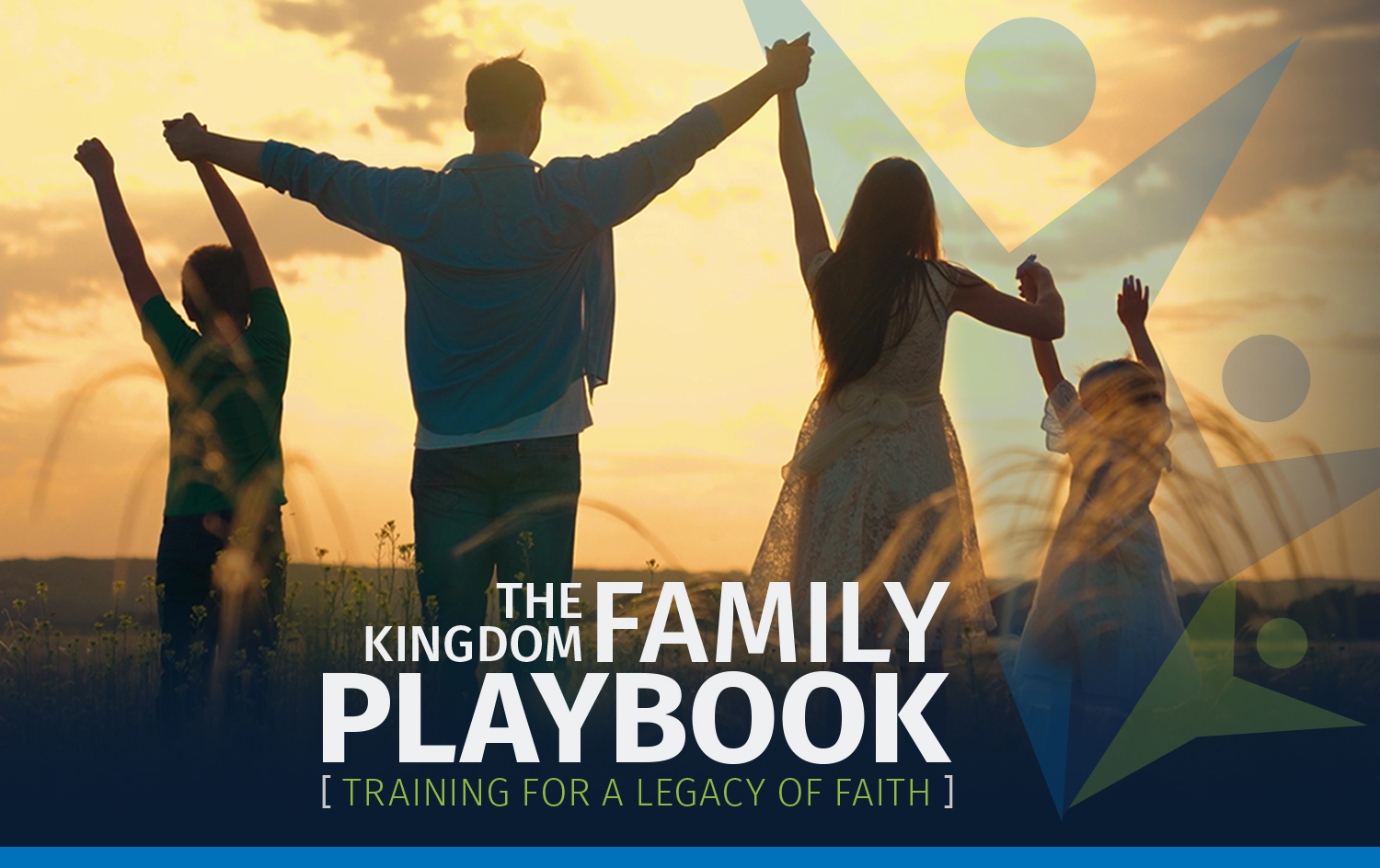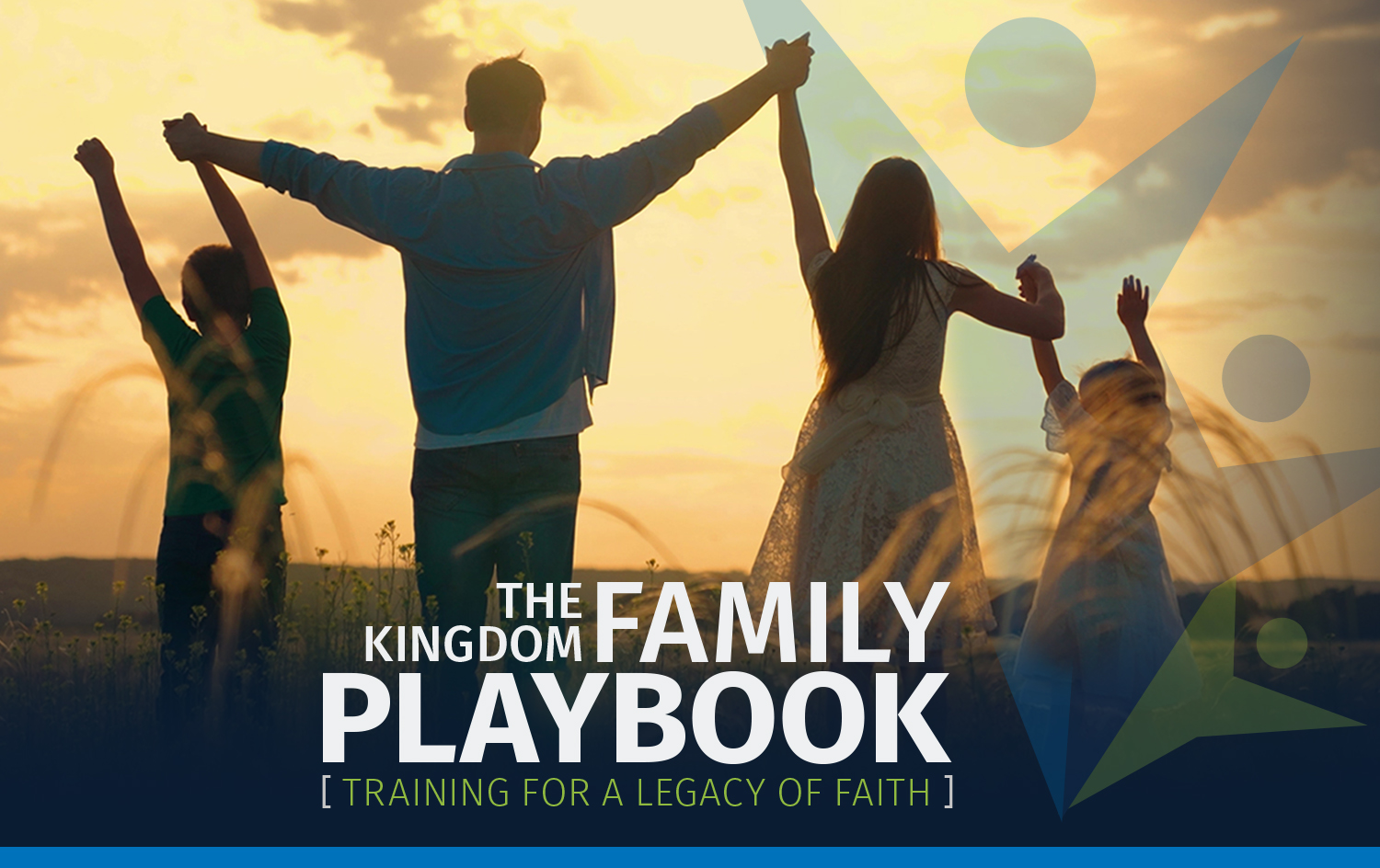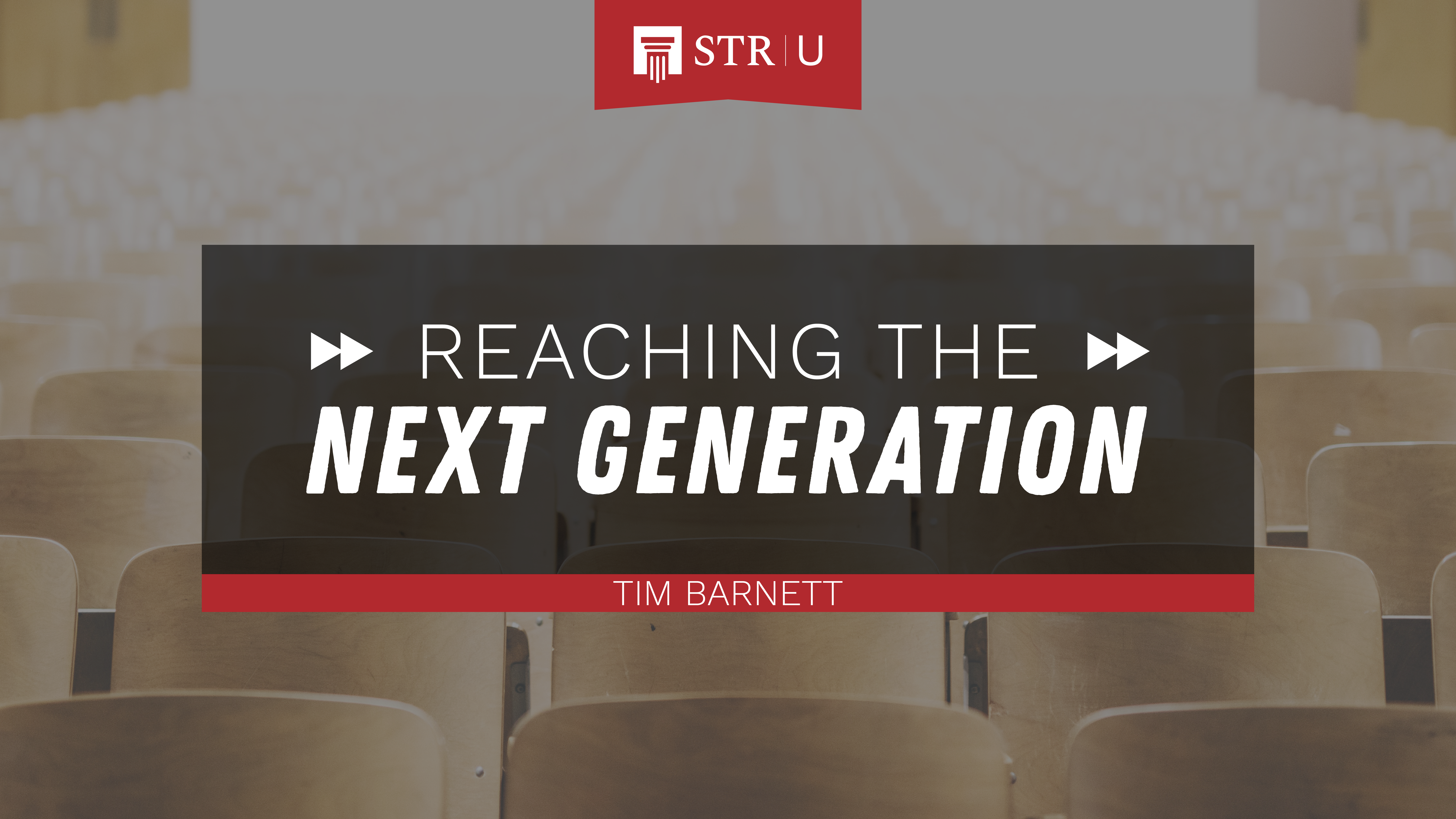Courses in Production
This course equips Christian educators to navigate AI tools with wisdom, discernment, and practical skill. Participants explore ethical guidelines, compare major AI platforms, and practice effective prompting to support teaching and learning. Through hands-on demonstrations with tools such as ChatGPT, Gemini, Canva, and NotebookLM, educators learn to design assignments, maintain academic integrity, and integrate AI within school systems while upholding biblical values and student privacy. This course was curated from a webinar in 2025.
Course ID: ACSI20250017
Building Anti-Fragile Faith explores how educators can cultivate faith in students—one that grows stronger through challenge rather than shattering under pressure. Learners will identify how to help young people engage hard questions, confront cultural pressures, and develop resilient, gospel-centered convictions that endure in both school and life. This course was curated from ACSI’s 2025 Public Policy & Advocacy Summit for school leaders.
Course ID: ACSI20250014
This course examines the pivotal cultural and spiritual moment facing the West, particularly America, through a biblical lens. Learners will explore the erosion of foundational truths, the rise of rival ideologies, and the urgent call for renewal. By engaging history, worldview shifts, and the role of faith in national identity, participants will be challenged to think deeply, live courageously, and respond redemptively in this civilizational crossroads. This course was curated from ACSI’s 2025 Public Policy & Advocacy Summit for school leaders.
Course ID: ACSI20250013
This course explores how Christianity speaks to today’s deepest cultural and personal questions—identity, love, justice, and truth. Learners will examine how the gospel affirms human dignity, challenges prevailing cultural narratives, and redefines meaning and purpose in Christ. Through biblical reflection and cultural analysis, this course equips educators to guide students with clarity, compassion, and conviction in a rapidly changing world. This course was curated from ACSI’s 2025 Public Policy & Advocacy Summit for school leaders.
Course ID: ACSI20250015
In this session of the 2025–26 Bible Teacher Network webinar series, Dr. Sean McDowell provides 10 practical strategies for secondary teachers for how to inspire high school students with a genuine love for Scripture by showing that the Bible is true, relevant, and unparalleled in its global impact. Participants will learn practical methods for motivating learners, teaching how to study the Bible, and presenting its grand narrative. With strategies that balance evidence, storytelling, application, and authentic modeling, teachers will gain tools to plant seeds of faith, trusting God for long-term transformation in students’ lives.
This five-session course explores whether the Gospels are reliable, historically grounded accounts of Jesus’ life, death, and resurrection. We’ll examine the evidence behind the New Testament, evaluate the credibility of its authors, and consider textual integrity and outside corroboration. Along the way, we’ll respond to common objections and provide tools to engage skeptics with clarity. As Jon Noyes notes, undermining the Gospels would unravel Christianity—making this investigation vital for both believers and skeptics. More than history, this course invites you to think critically and faithfully about life’s biggest question: Can we trust what the Gospels say about Jesus?
Course ID: ACSI20250008
Course Description
Find contentment and confidence in your finances. In this course, you will describe a biblical worldview as it relates to money and how it should be used, assess the relationship between money and contentment, and develop confidence in the use of your finances. You will improve the clarity of your communication regarding finances and demonstrate consistency of behavior that is pleasing to God.
Course ID: ACSI20250011
A group version of this course is also available for separate purchase here.
Come experience the transformative power of music in nurturing social-emotional skills among young children within a Christian educational context. You’ll learn practical approaches to integrate music into daily routines, fostering empathy, resilience, and spiritual growth. Gain insights into leveraging music as a tool to enhance emotional awareness, interpersonal skills, and faith-based values, creating an enriching environment where children can flourish holistically.
Course ID: ACSI202453909
In a time of rising mental health challenges among youth, Christian educators play a vital role in recognizing, responding to, and helping prevent student crises. This course equips school staff—including leaders, counselors, teachers, and spiritual life directors—with practical, school-based strategies for supporting student well-being and promoting school safety. Participants will explore key mental health trends, recognize early warning signs of crisis, and evaluate effective response models. Grounded in both biblical care and evidence-based strategies, this course empowers Christian schools to be places of hope, resilience, and proactive care.
Course ID: ACSI20250010
"All Scientists Should Be Militant Atheists." That was the headline in The New Yorker a few years ago. The article claimed that science "draws people away from religion." Many people have bought into this idea. But is this true? Are science and faith incompatible? In this course, Tim Barnett explores how a proper understanding of faith and science are completely compatible. Moreover, it was the Christian convictions of the founders of modern science that led to the birth of modern science. Finally, Tim gives an example of how studying the natural world can draw you to God and strengthen your faith in Him.
Course ID: ACSI20250007
In Session 3 of the 2025 series of Bible Teacher Network webinars, this course equips educators with the tools to intentionally teach from a biblical worldview by exploring how Christian education shapes thinking, values, and identity. Participants will examine key worldview metaphors, life’s ultimate questions, and the role of parents, teachers, and leadership in worldview formation. Through practical strategies and cultural engagement, learners will gain confidence in guiding students to think critically and Christianly about today’s most pressing issues.
Course ID: ACSI20250009
Truth does exist and can be known. In “Relativism: Feet Firmly Planted in Mid-Air,” Greg Koukl defines “truth,” shares five fatal flaws of relativism, and explains the dangerous consequences of a world without truth. You’ll learn the crucial difference between objective truth and subjective truth and gain an understanding of how to use tactical questions to respond when people say things like “there is no truth,” “everything’s relative,” or “that’s your truth, not my truth.”
This course was curated from ACSI’s Iowa Authors' Series: Using the Iowa Assessments to Support Norm-referenced Interpretations in Science and Social Studies. This course equips educators to interpret Iowa Assessment results in science and social studies using current national norms. Participants learn to analyze national percentile ranks, growth trends, cohort patterns, and benchmark thresholds to identify student needs and instructional priorities. Through exploration of updated 2024 normative data, educators gain practical tools for understanding performance shifts, evaluating local trends, and making data-informed decisions that support student growth.
Course ID: ACSI2025SAP05
This course was curated from ACSI’s Iowa Authors' Series: Using the Iowa Assessments to Support Norm-referenced Interpretations in Reading and Math. This course will teach educators how to interpret Iowa Assessment data using locally defined benchmarks and meaningful performance thresholds. Guided by Drs. Stephen Dunbar and Catherine Welch’s insights, this course helps teachers to focus on domain- and group-level patterns rather than isolated test items. Learners will identify trends, spot instructional strengths and gaps, and translate data into actionable next steps. By the end, learners will confidently support collaborative, accurate, and instructionally useful data conversations.
Course ID: ACSI2025SAP04
This course was curated from ACSI’s Iowa Assessments program webinar in 2025, Iowa Authors' Series: Using the Iowa Assessments to Support Criterion-referenced Interpretations in Math. This course explores the Iowa Assessments in mathematics, emphasizing criterion-referenced interpretations. Learners will analyze student performance using item-level metrics, standard scores, and classroom reports, connecting assessment data to instructional goals. The course equips educators to interpret results, track growth, and align teaching with standards for improved student outcomes.
Course ID: ACSI2025SAP04
This course was curated from ACSI’s Iowa Assessments program webinar in 2025, Iowa Authors' Series: Using the Iowa Assessments to Support Criterion-referenced Interpretations in Reading. Develop practical skills for interpreting assessment data to guide instruction and support student growth. Emphasis is placed on using multiple measures—reading, vocabulary, and writing—to identify learning needs and strengthen literacy instruction. Through real examples given by test authors, Drs. Stephen Dunbar and Catherine Welch, learners analyze reports, uncover learning patterns, and apply data insights to classroom practice. The course equips educators to use assessments as tools for improving instruction and fostering early literacy success.
Course ID: ACSI2025SAP03
This transformative course equips parents with biblical and research-based strategies for raising children in today’s world. Through practical tools, faith formation principles, and an intentional family plan, parents will gain a clear playbook for nurturing their children’s hearts and minds toward Christ—building a legacy of faith for generations to come.
In this new and revised Christian Philosophy of Education series (2026), multimedia segments present a foundation of teaching from an intentionally Christian perspective. Course 3, Biblical Integration, provides a framework for practical analysis and application of integrating biblical truth into the overall curriculum and daily instruction. Courses 1 and 2 are prerequisites to this course for those pursuing the ACSI Philosophy of Christian Education Requirement.
Download Course 1 Syllabus – “Worldview”This course is worth 6 Bible CEUs.
This transformative course equips parents with biblical and research-based strategies for raising children in today’s world. Through practical tools, faith formation principles, and an intentional family plan, parents will gain a clear playbook for nurturing their children’s hearts and minds toward Christ—building a legacy of faith for generations to come.
In this new and revised Christian Philosophy of Education series (2026), multimedia segments present a foundation of teaching from an intentionally Christian perspective. Course 1 Worldview, the first of three courses in this series, defines and explores worldviews, explains a biblical worldview, and describes a philosophy of education from a biblical perspective. This three-course series fulfills ACSI's Christian Philosophy of Education requirement.
Download Course 1 Syllabus – “Worldview”This course is worth 6 Bible CEUs.
In this new and revised Christian Philosophy of Education series (2026), multimedia segments present a foundation of teaching from an intentionally Christian perspective. Course 1 Worldview, the first of three courses in this series, defines and explores worldviews, explains a biblical worldview, and describes a philosophy of education from a biblical perspective. This three-course series fulfills ACSI's Christian Philosophy of Education requirement.
Download Course 1 Syllabus – “Worldview”This course is worth 6 Bible CEUs.
This course equips Christian educators to navigate AI tools with wisdom, discernment, and practical skill. Participants explore ethical guidelines, compare major AI platforms, and practice effective prompting to support teaching and learning. Through hands-on demonstrations with tools such as ChatGPT, Gemini, Canva, and NotebookLM, educators learn to design assignments, maintain academic integrity, and integrate AI within school systems while upholding biblical values and student privacy. This course was curated from a webinar in 2025.
Course ID: ACSI20250017
In Session 3 of the 2025 series of Bible Teacher Network webinars, this course equips educators with the tools to intentionally teach from a biblical worldview by exploring how Christian education shapes thinking, values, and identity. Participants will examine key worldview metaphors, life’s ultimate questions, and the role of parents, teachers, and leadership in worldview formation. Through practical strategies and cultural engagement, learners will gain confidence in guiding students to think critically and Christianly about today’s most pressing issues.
Course ID: ACSI20250009
This course equips Christian school leaders with essential training on child protection, exploring governance, policies, and biblical responsibilities. Designed for administrators, board members, and school safety leaders, it offers practical tools to create safe, thriving environments. Presented in partnership with the Evangelical Council for Abuse Prevention (ECAP), this training emphasizes both legal and scriptural foundations for safeguarding children.
CEUs: 3.7 CEUs | Length: 3.7 hours | CEU Type: Educational
Truth does exist and can be known. In “Relativism: Feet Firmly Planted in Mid-Air,” Greg Koukl defines “truth,” shares five fatal flaws of relativism, and explains the dangerous consequences of a world without truth. You’ll learn the crucial difference between objective truth and subjective truth and gain an understanding of how to use tactical questions to respond when people say things like “there is no truth,” “everything’s relative,” or “that’s your truth, not my truth.”
Discover how a shakeup will help you reclaim your class culture, reduce chaos, and develop a calmer classroom environment. In this course Linda Kardamis, Teach 4 the Heart, explains how to plan a shake-up to reset a class, creating a fresh start so teachers can move forward with consistency to create a calmer classroom. Classroom teachers in early education and K–12 in all content areas can benefit from this practical procedure and implement it throughout the year.
Young people are leaving Christianity at an unprecedented rate. In this course, Tim Barnett explains how believers can better understand, relate to, equip, and train our youth. This course looks at why young people are disengaging from the church and encourages Christians to respond with reasonable explanations to challenges and to develop authentic relationships with people. Tim shares what the Bible has to say about passing our faith from one generation to the next and offers five practical ways to help the next generation see that Christianity is the true story of reality. This course is geared toward secondary teachers and those working with high-school and college students, such as youth pastors, spiritual life directors, counselors, and school leaders.
This course explores how Christianity speaks to today’s deepest cultural and personal questions—identity, love, justice, and truth. Learners will examine how the gospel affirms human dignity, challenges prevailing cultural narratives, and redefines meaning and purpose in Christ. Through biblical reflection and cultural analysis, this course equips educators to guide students with clarity, compassion, and conviction in a rapidly changing world. This course was curated from ACSI’s 2025 Public Policy & Advocacy Summit for school leaders.
Course ID: ACSI20250015
Building Anti-Fragile Faith explores how educators can cultivate faith in students—one that grows stronger through challenge rather than shattering under pressure. Learners will identify how to help young people engage hard questions, confront cultural pressures, and develop resilient, gospel-centered convictions that endure in both school and life. This course was curated from ACSI’s 2025 Public Policy & Advocacy Summit for school leaders.
Course ID: ACSI20250014
This course examines the pivotal cultural and spiritual moment facing the West, particularly America, through a biblical lens. Learners will explore the erosion of foundational truths, the rise of rival ideologies, and the urgent call for renewal. By engaging history, worldview shifts, and the role of faith in national identity, participants will be challenged to think deeply, live courageously, and respond redemptively in this civilizational crossroads. This course was curated from ACSI’s 2025 Public Policy & Advocacy Summit for school leaders.
Course ID: ACSI20250013

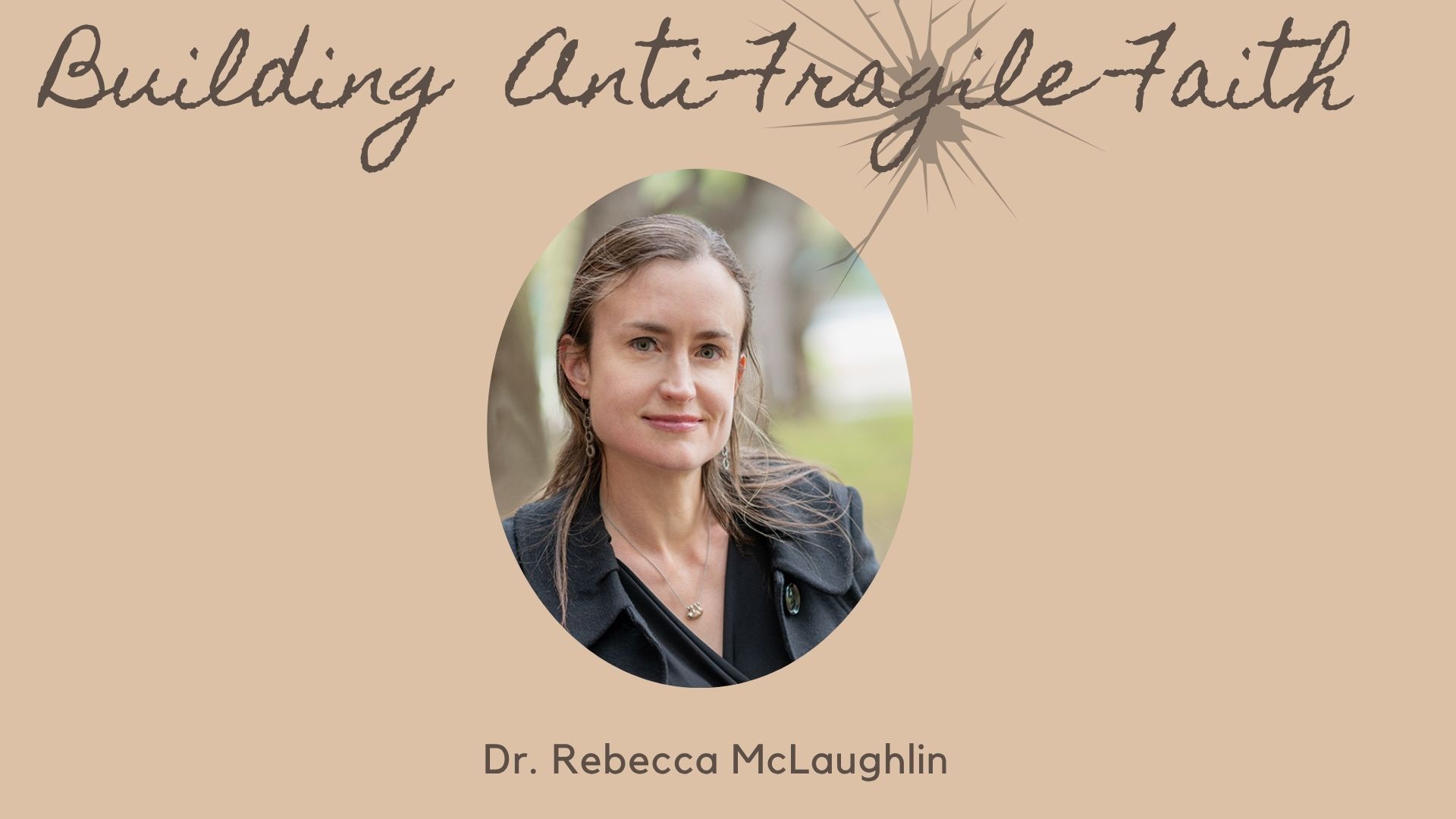


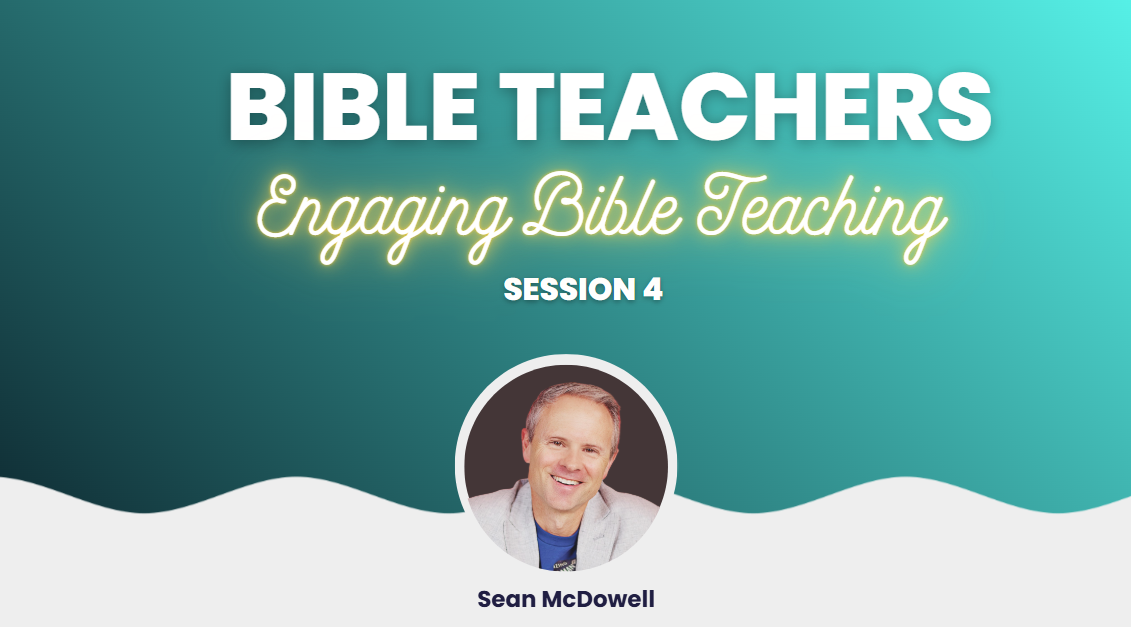

![God Owns It All [Individual Version]](https://acsipd.campusedu.com/pluginfile.php/75505/course/overviewfiles/Untitled%20design.png)
